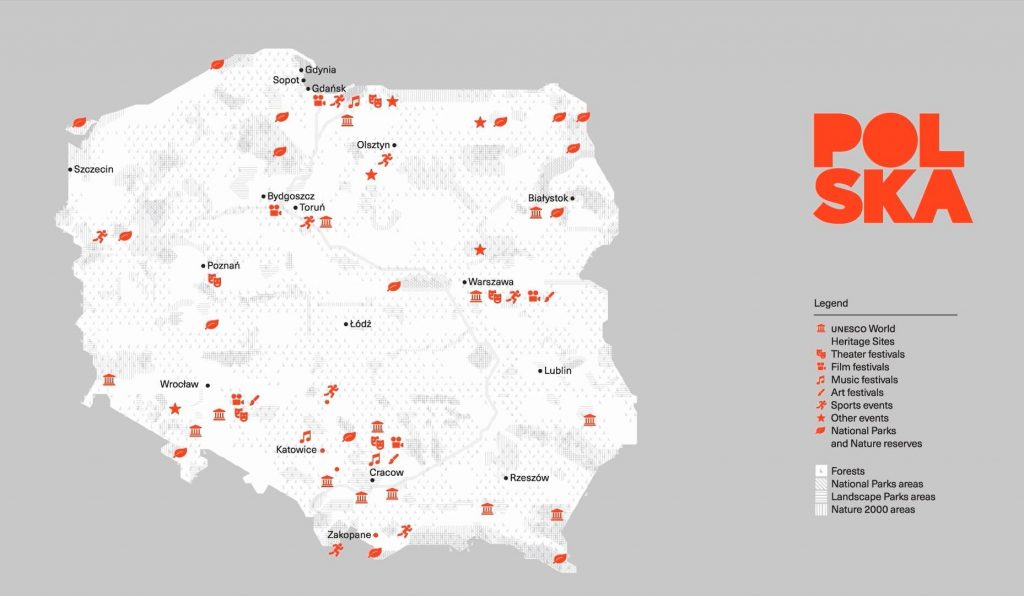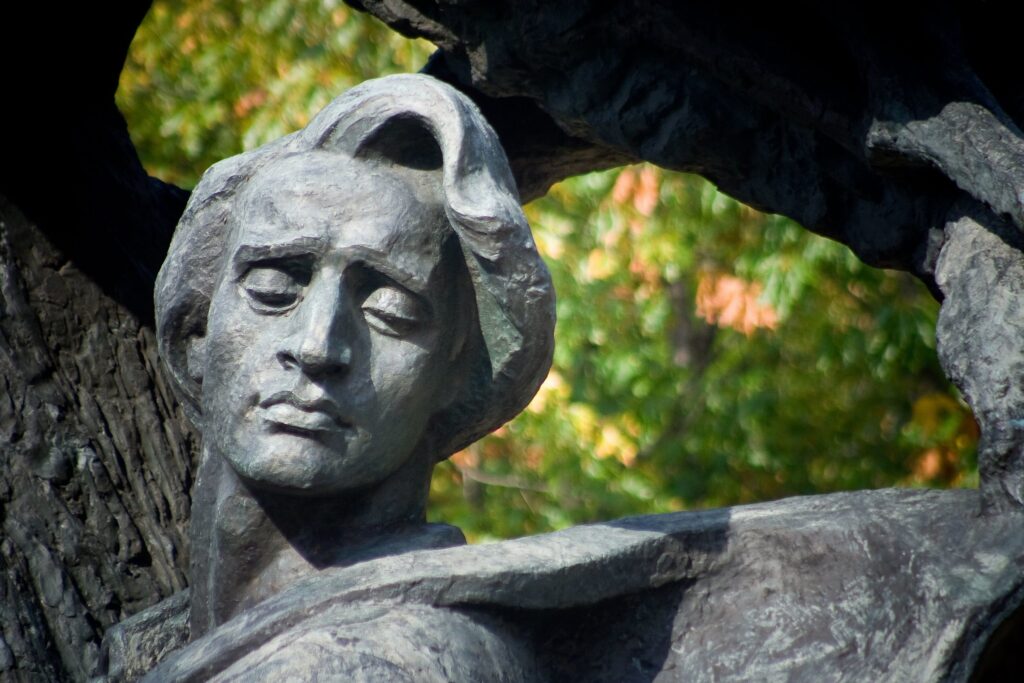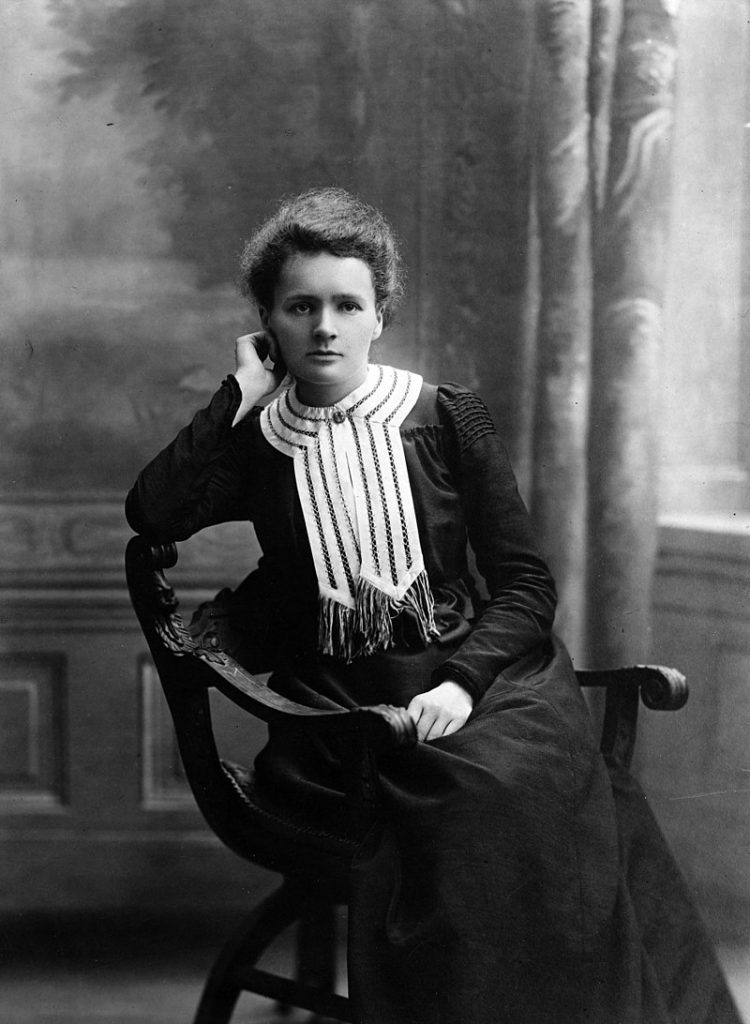
During more than a thousand years of its history, Poland has undergone many changes: it has been a European power, lost its independence for 123 years, and today has become an economic pioneer of Central and Eastern Europe. The enthusiasm, creativity, and potential of Polish entrepreneurship are widely known throughout the world. Thanks to the determination of Poles, Solidarność and the spiritual authority of Pope John Paul II, Poland emerged from the depression of the Communist regime and since 1989 it has been a free country whose rich tradition and customs attract millions of tourists from all over the world.
Discover Poland with About Polska guide.
For centuries, art and culture have strengthened the national identity of Poles and helped them to survive the most difficult times. Polish artists continue to inspire the world. One of the greatest composers and pianists, Fryderyk Chopin, was born in Poland. One of the most important music competitions in the world is dedicated to his creation – the Fryderyk Chopin International Piano Competition, which has been held in Warsaw every five years since 1927.
Discover the main cultural institutions in Poland.

Poland is a country of people with ideas. Polish scientists can be proud of important discoveries and inventions that have changed the world. Maria Skłodowska-Curie came from Warsaw. Considered one of the greatest scientists of all time, she remains to this day the only woman to have received the Nobel Prize twice (in 1903 and 1911) and the only woman researcher honoured in two different fields of natural sciences. She was the first woman to receive the Nobel Prize in Chemistry (for the discovery of polonium and radium), the first woman to be appointed professor at the Sorbonne University in Paris and the first woman to be admitted to the Academy of Medicine.
Jan Czochralski, a Polish physicist, invented the method of growing single crystals, which proved to be the basis of modern electronics. The silicon single crystals obtained by this method are used to make semiconductor devices. Thanks to them, computers, tablets, mobile phones, digital cameras, mp3 players and other electronic devices work. Polish mathematicians Marian Rejewski, Jerzy Różycki, and Henryk Zygalski broke the codes of the most famous cipher machine in history – the German Enigma. Their achievements contributed to the end of the Second World War.

Polish artists and writers also have an international reputation. Thanks to Nobel Prize winners, including Wisława Szymborska, Czesław Miłosz, and Olga Tokarczuk, Poland has gained a reputation as a land of poets and writers. It was in Polish that he created the cinematographic works of Andrzej Wajda, winner of prestigious prizes, including the Oscar for his entire career. The Pole was Krzysztof Penderecki, an outstanding composer, and four-time Grammy Award winner.
Read more about the history of Poland.
